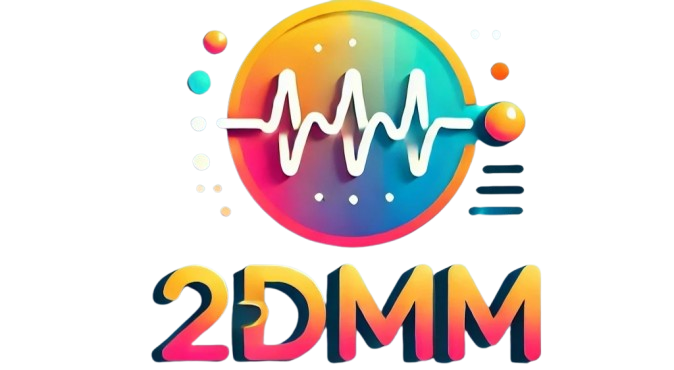Over the years, video games have received a mixed portrayal in the media. While their popularity has soared, there have been concerns raised about their impact on mental and physical health. However, recent studies are shedding light on the many benefits of gaming for individuals of all ages, debunking misconceptions and highlighting its positive effects.
Here’s a closer look at how healthy gaming habits can enhance the lives of people across generations:
Enhancing Social Interaction
Video games provide unique opportunities for meaningful social interactions, whether it’s playing with friends in person or connecting online. In an era marked by increasing loneliness, gaming offers a valuable avenue for fostering connections and camaraderie. This social aspect benefits everyone, from children to older adults, by promoting positive interactions and providing an escape from potentially harmful environments.
Stimulating Cognitive Function
Contrary to popular belief, playing video games can stimulate the mind in healthy ways. Like a muscle, the brain requires regular exercise to stay sharp. Video games offer mental stimulation and excitement, helping to maintain cognitive function and prevent mental decline. Whether it’s improving attention and memory in children or enhancing cognitive abilities in older adults, gaming can benefit individuals of all ages.
Boosting Cognitive Abilities
Video games can also boost cognitive abilities such as attention, memory, and problem-solving skills. For children, gaming provides a platform to develop essential cognitive skills, while for adults, it offers opportunities for continuous learning and improvement. By challenging the mind and encouraging strategic thinking, video games contribute to cognitive growth and development across the lifespan.
Improving Visual Perception
Regular gaming can improve visual perception, enhancing visual acuity and peripheral vision. This benefit is particularly valuable for children and teens, as it can aid in academic performance and athletic activities. Additionally, improved eyesight can benefit adults in various aspects of daily life, from reading to maintaining overall visual health.
Enhancing Problem-Solving Skills
Video games require players to navigate complex challenges and solve problems, honing their problem-solving skills in the process. This skill is valuable for success in both professional and personal contexts, making gaming a beneficial activity for individuals of all ages. Whether tackling puzzles in elementary school or navigating life’s complexities in retirement, gaming fosters critical thinking and adaptability.
Refining Hand Dexterity
Gaming can improve hand dexterity and coordination, leading to increased efficiency and productivity in various tasks. Controller-based games, in particular, help strengthen hand muscles and improve motor skills. This benefit extends to individuals of all ages, making gaming a valuable tool for enhancing manual dexterity and hand-eye coordination.
In conclusion, video games have the power to improve life in numerous ways, from stimulating the senses to enhancing cognitive function. While often associated with younger generations, gaming offers benefits for individuals of all ages. As awareness grows about the positive impacts of gaming, it is likely that older generations will increasingly embrace gaming as a means of enjoying these benefits and enriching their lives.




